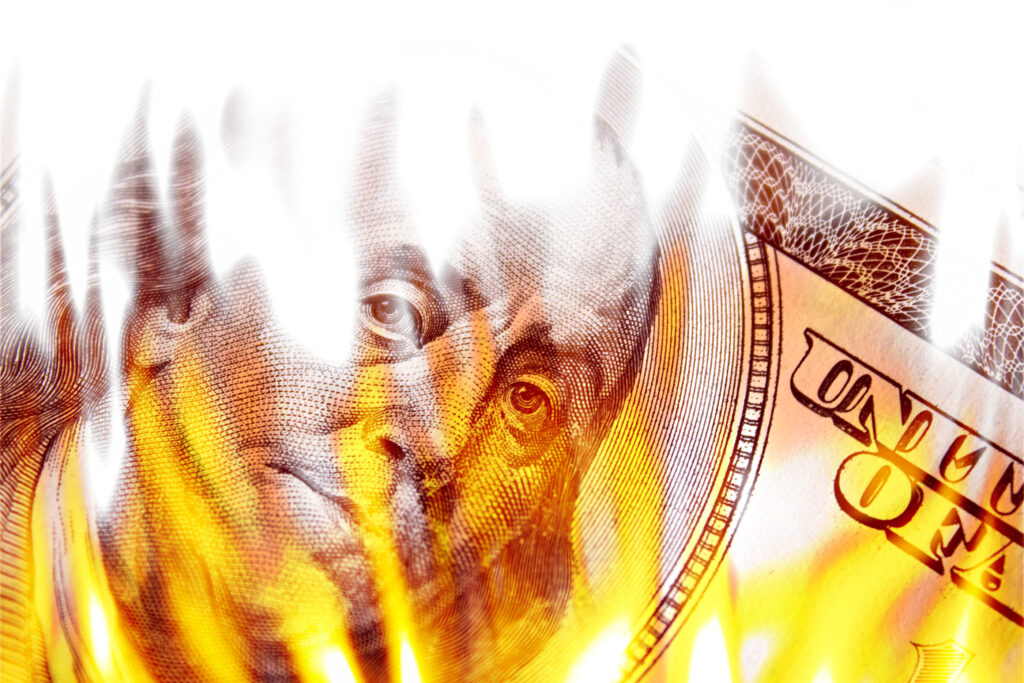Variable vs. Fixed Rate Credit Cards
Remember the debacle of the early 2000s when everyone and their dog could get a mortgage. Adjustable rate mortgages were the thing of the day. They made so much sense. Low cost mortgage payments seemed like the best thing since sliced bread. What most weren’t counting on was the day when interest rates would skyrocket and they’d have to pay the piper.
That day eventually came and caught many off guard. Suddenly mortgage payments increased by hundreds of dollars per month. Since Americans live check to check, they couldn’t afford the additional cost. Defaults and eventual foreclosures were inevitable. Being that mortgages and credit card debt are two different animals, you’re probably wondering why I’m sharing this with you.
The reason is that variable rate credit cards work much the same as adjustable rate mortgages. Over the past year, many variable rate credit card holders have been surprised by their credit card bills. They noticed a significant payment increase. Depending on the extent of the credit card debt, this could be the difference between $20.00 and several hundred dollars. To add insult to injury, the addition in payment isn’t going to principle, but to interest.
As of today, credit card balances are the highest they’ve been in history. Credit card debt is reported to be near one trillion dollars. Add increasing interest rates to this and you have what could be a recipe for disaster. According to FRED, credit card delinquencies are currently at 2.34 percent and expected to rise.
Now that I’ve pointed out the problem and potential for disaster, I imagine you’d like a solution to the problem. If you have variable rate credit cards, you might consider a few different options to avoid getting raked over the coals with high interest payments.
The most simple thing you can do is pay off your credit card debt. That said, I’m a realist and realize that the reason you have credit card debt is because you don’t have cash, making this recommendation a rather mute point.
A friend of mine recently borrowed money from his 401k to pay off credit card debt. This is not a recommendation, but here’s the logic. You can pay 29% in interest to a bank or pay 6-7% to yourself. The latter option grows your wealth instead of the banks. Plus, equities are expected to dramatically drop in value over the next year. This strategy has very little downside and plenty of upside. Paying off credit card debt is a guarantee return on investment, because you at least won’t be paying the high interest rate. It’s like getting a 20% or more gain instead of a potential 20% portfolio loss in the stock market.
The other option is to take out a consolidation loan. A consolidation loan will allow you to pay off all or most of your credit card debt, leaving you with one payment with a fixed rate of interest. There are some unscrupulous lenders out there, so make sure you don’t settle for the first thing you see. Many nontraditional banks or institutions will charge a fee to process the loan, which can greatly affect your APR and thereby the amount you pay for the loan.
Another option is to do a balance transfer to a new credit card with a fixed interest rate. This isn’t to say the bank can’t raise the interest rate on a fixed rate credit card; however, they aren’t allowed to raise the interest rate for purchases already made. It’s also possible that you can transfer your balance to a card that offers zero interest on balance transfers for up to 12 months. This can be a huge savings, especially if you’re able to pay off your balance faster by making extra payments.

The Federal Reserve has stated emphatically that they intend to keep raising interest rates to fight inflation, which will continue to push up the cost of credit. I’ve given you several options for getting out of your variable rate credit cards without having to bother mom and dad for a loan. If you take this advice, your bank account will be happy you did. If you find this information helpful, please don’t keep it to yourself. Share it with someone you love.
Written by: Eric L. Lipsey




One thought on “Variable vs. Fixed Rate Credit Cards”